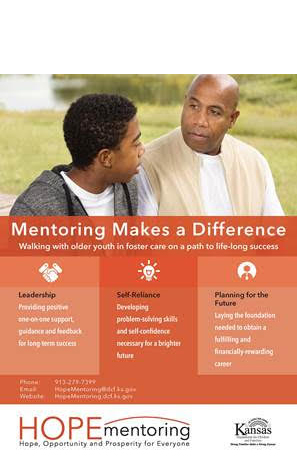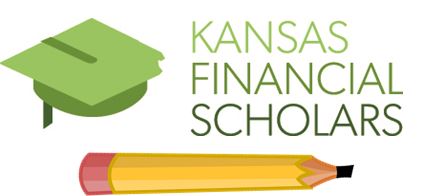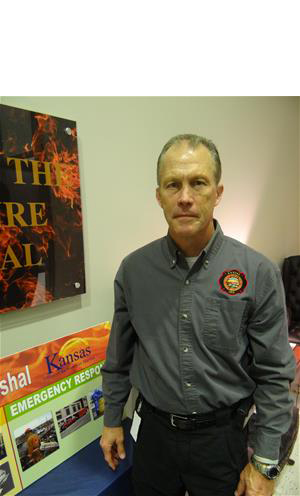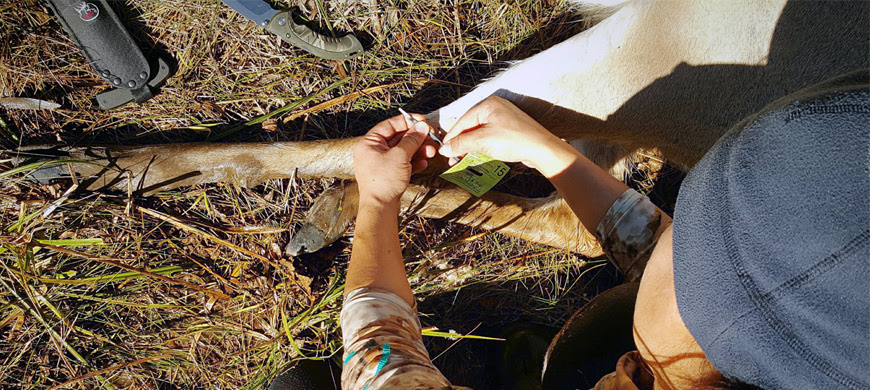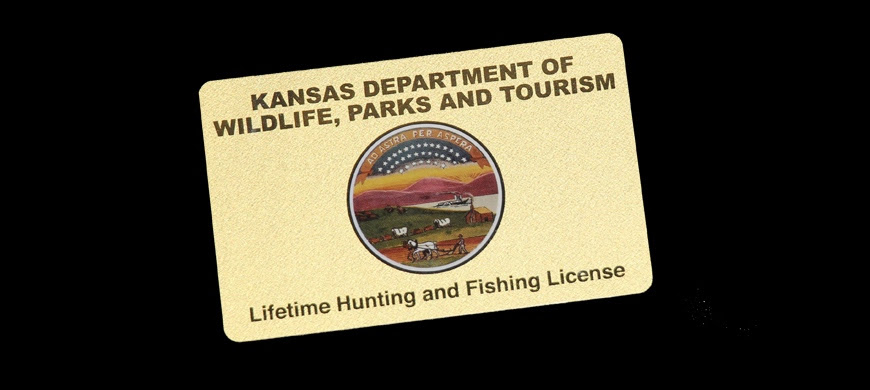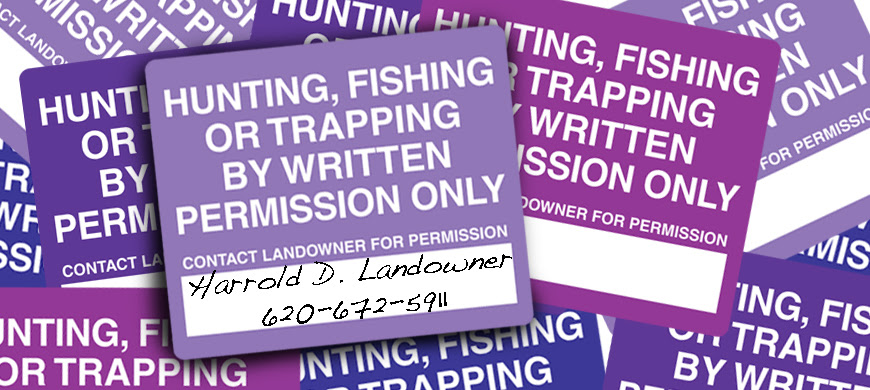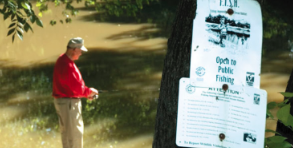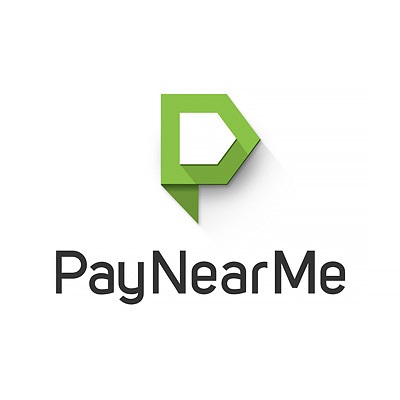 TOPEKA — If you or a family member received a recreational drone—a small unmanned aircraft—as a holiday present, Ken Selzer, CPA, Kansas Commissioner of Insurance, has words of caution for you: Check your insurance policy and register the drone with the Federal Aviation Administration(FAA).
TOPEKA — If you or a family member received a recreational drone—a small unmanned aircraft—as a holiday present, Ken Selzer, CPA, Kansas Commissioner of Insurance, has words of caution for you: Check your insurance policy and register the drone with the Federal Aviation Administration(FAA).
“Estimates show that between 700,000 and 1.6 million drones were purchased during 2015,” Commissioner Selzer said in a news release. “That means the possibility of insurance claims concerning them is likely to increase. I urge Kansans who have them to check with your insurance agents or companies. See whether your homeowners or renters policies will cover losses or damages done by the drones to buildings and vehicles, as well as bodily injuries to people.”
The FAA also began requiring registration of new drones before their initial flight use as of Dec. 21, 2015. The registration is free until Feb. 19, 2016, after which a $5 fee will be charged. Only the smallest toy drones—weighing 250 grams or less (a little more than half a pound)—are exempted from the registry.
Go to https://www.faa.gov/uas/ for registration information.
“Using a private drone as a hobby is generally covered under a homeowners insurance policy, which usually covers radio-controlled model aircraft,” Commissioner Selzer said. “Look at your policy, or talk to your agent to see if your drone will be covered if it is lost, stolen or damaged. The policy will also typically be subject to a deductible.”
The FAA urges all drone users to follow these guidelines:
• Fly below an altitude of 400 feet (that is 1 1/3 times the length of a football field).
• Always keep your unmanned aircraft in sight.
• Never fly near manned aircraft, especially near airports.
• Never fly over groups of people, stadiums or sporting events.
• Never fly near emergency response efforts.

